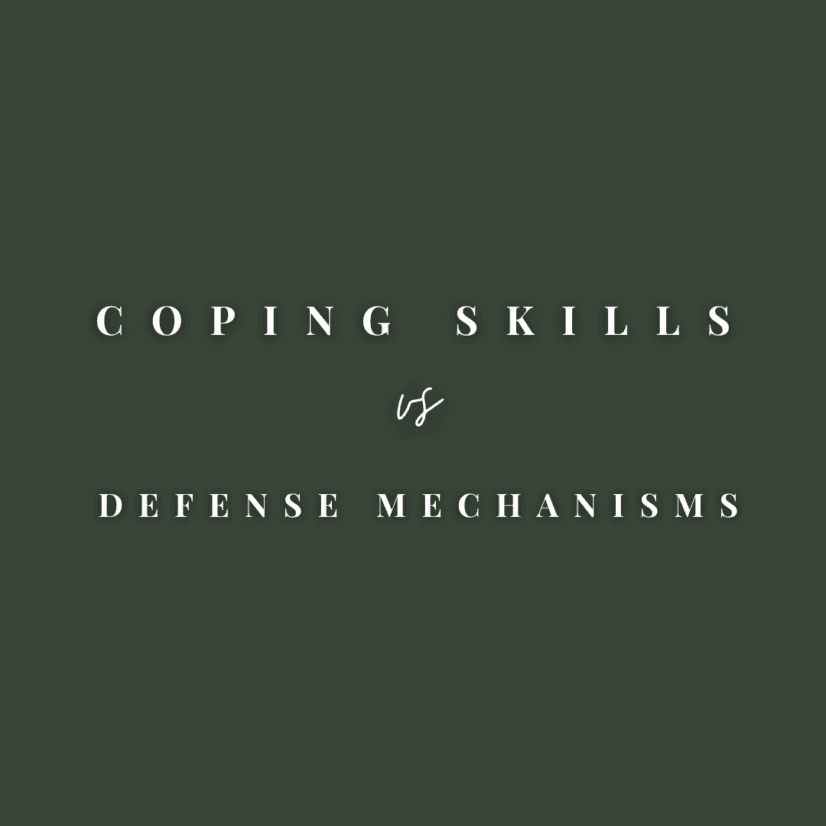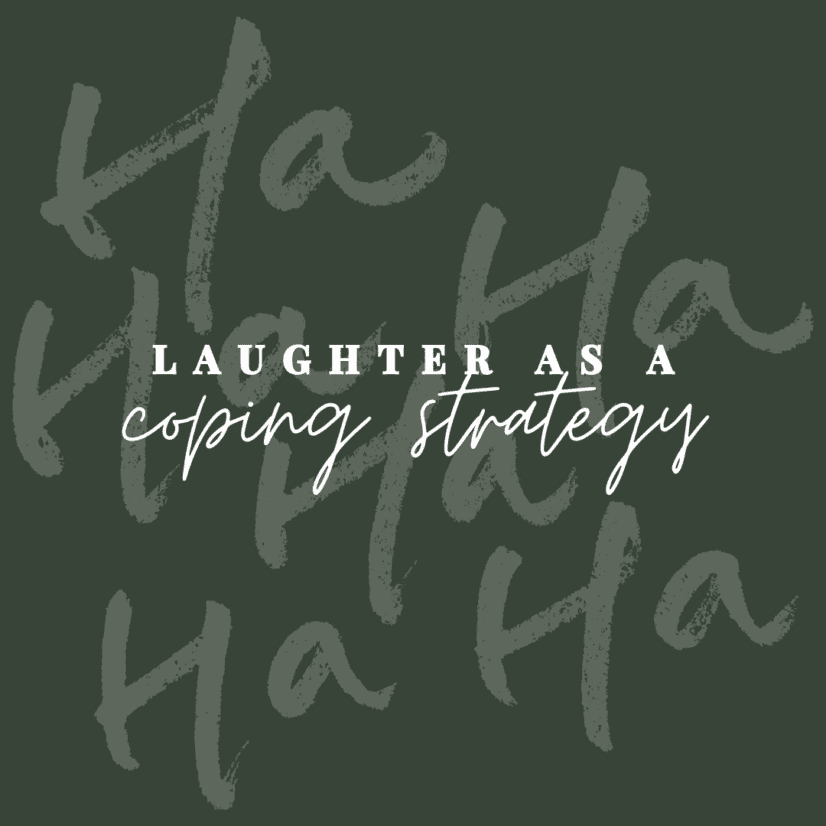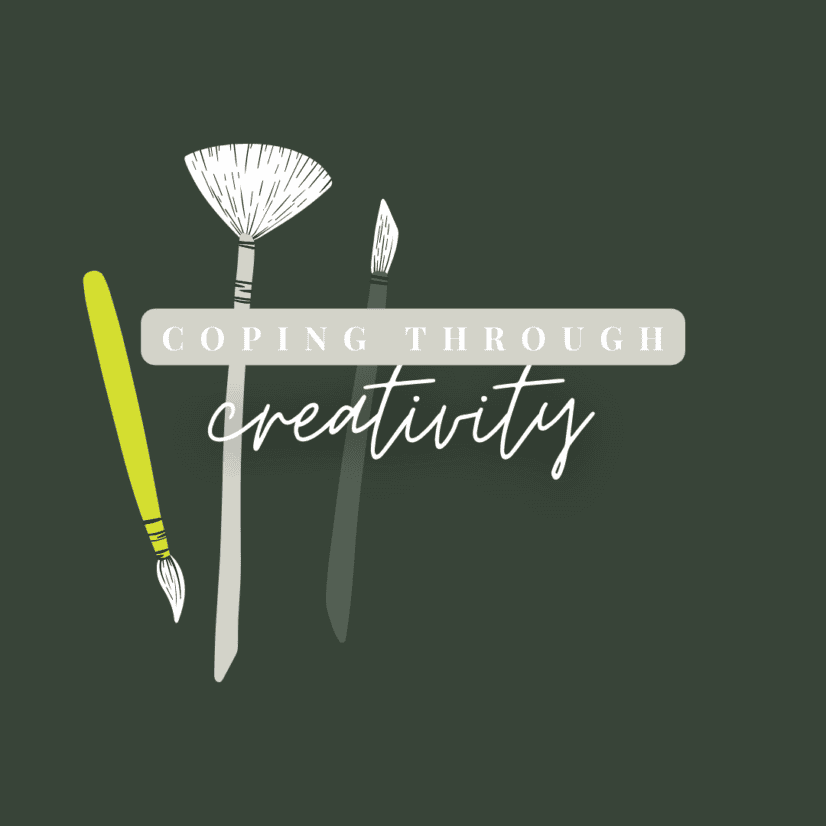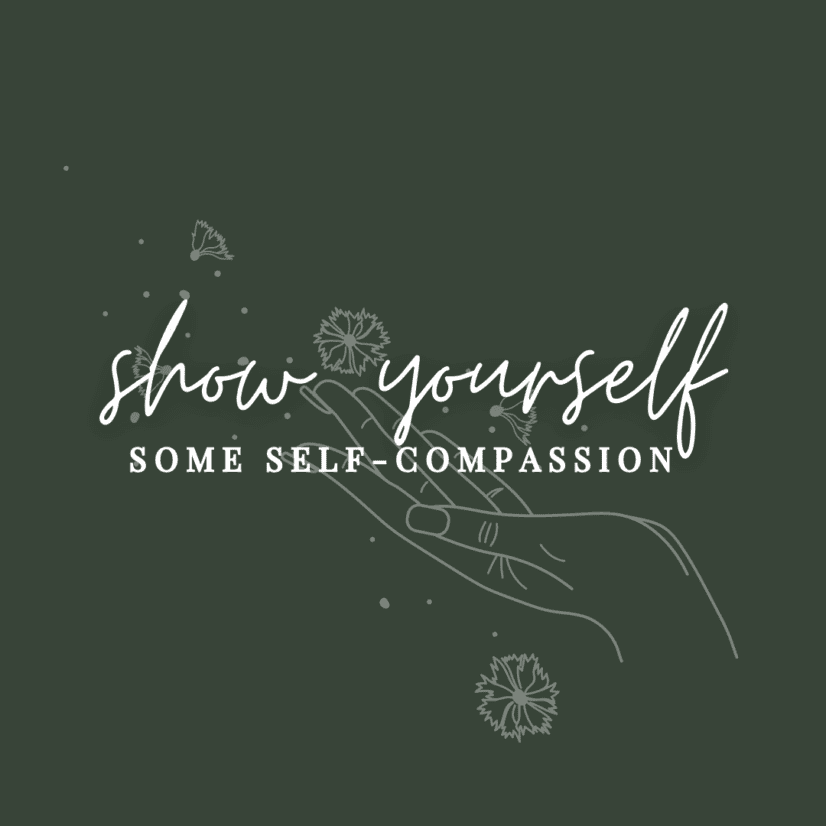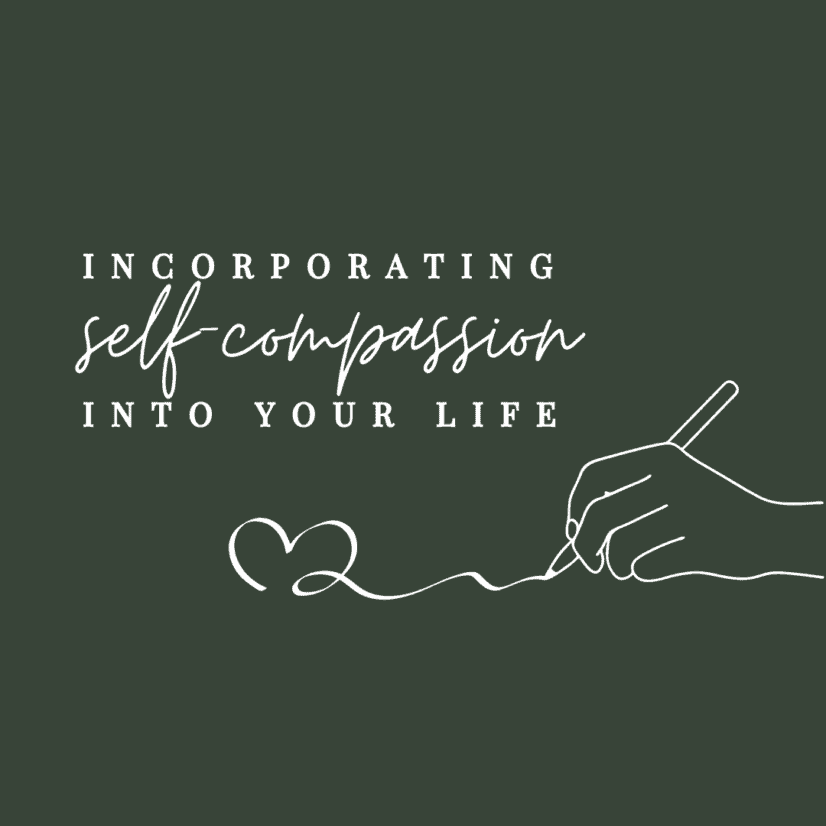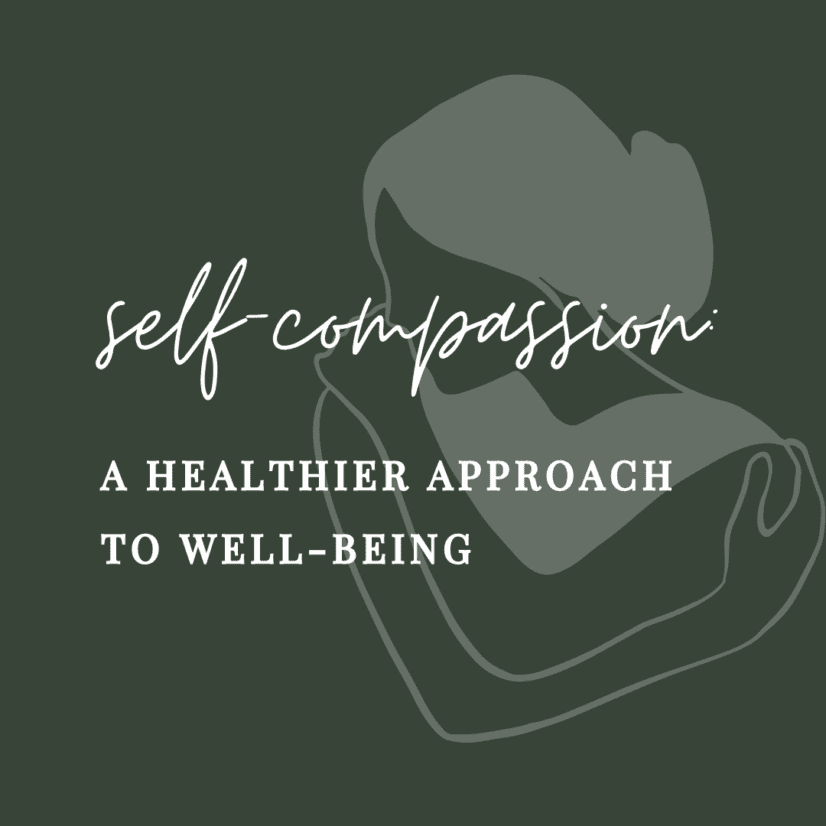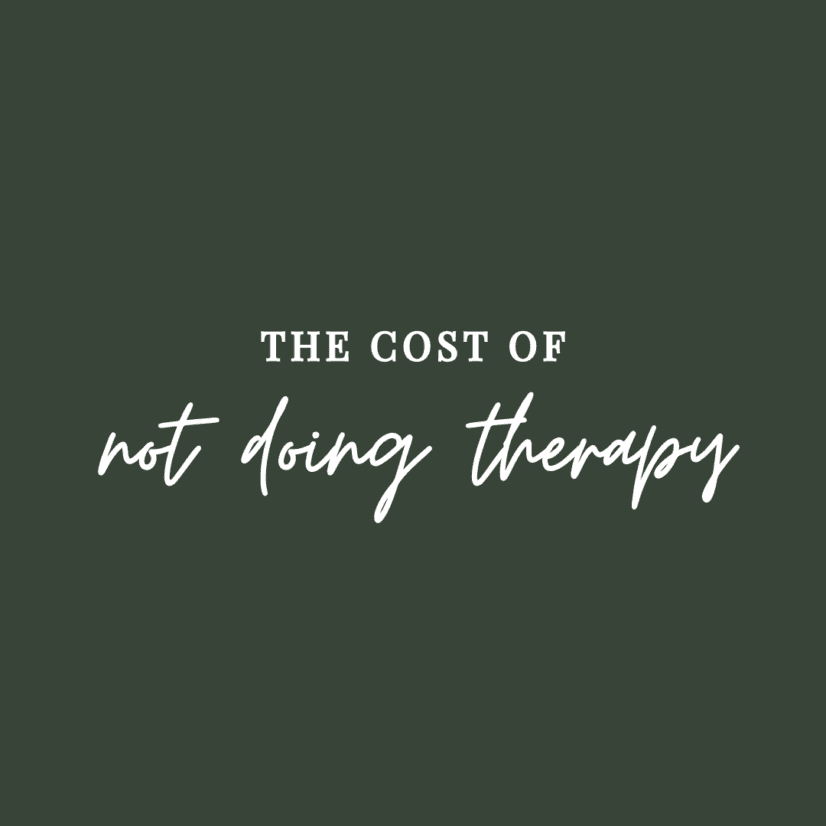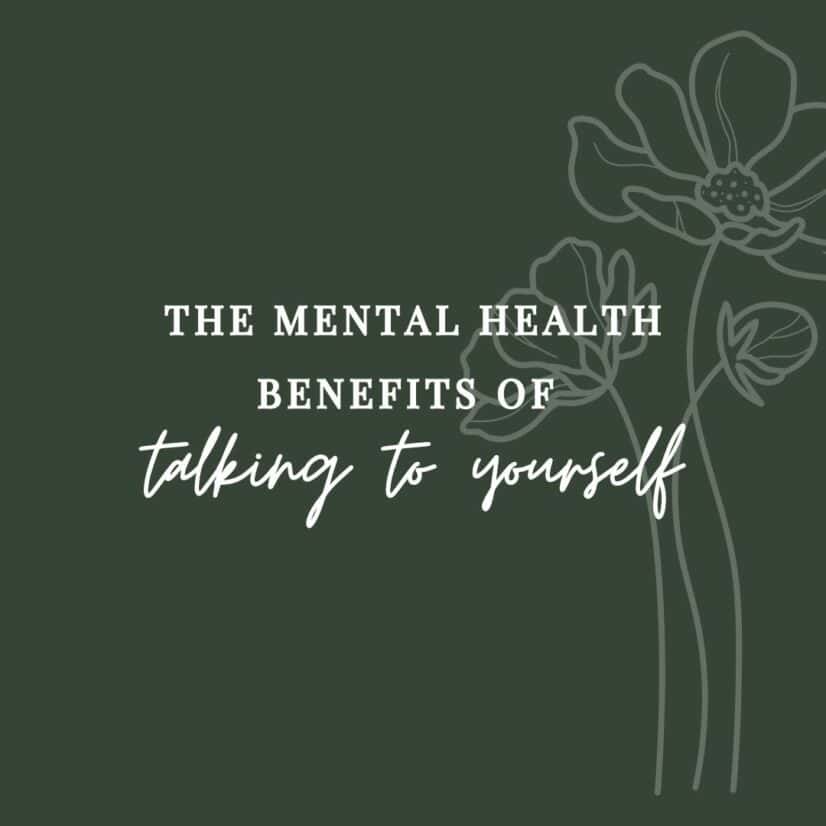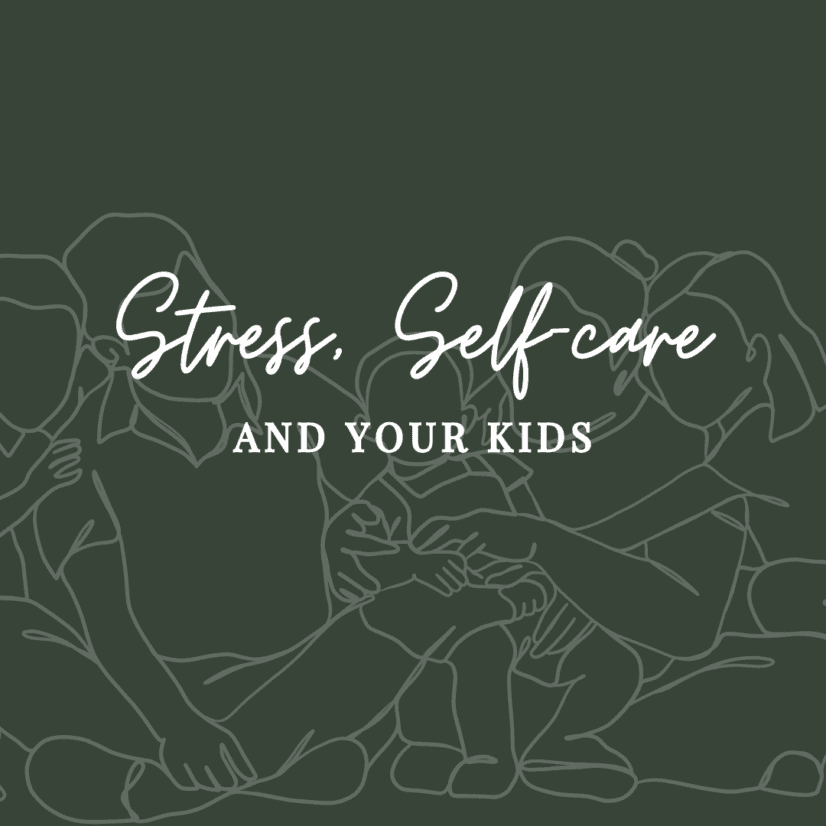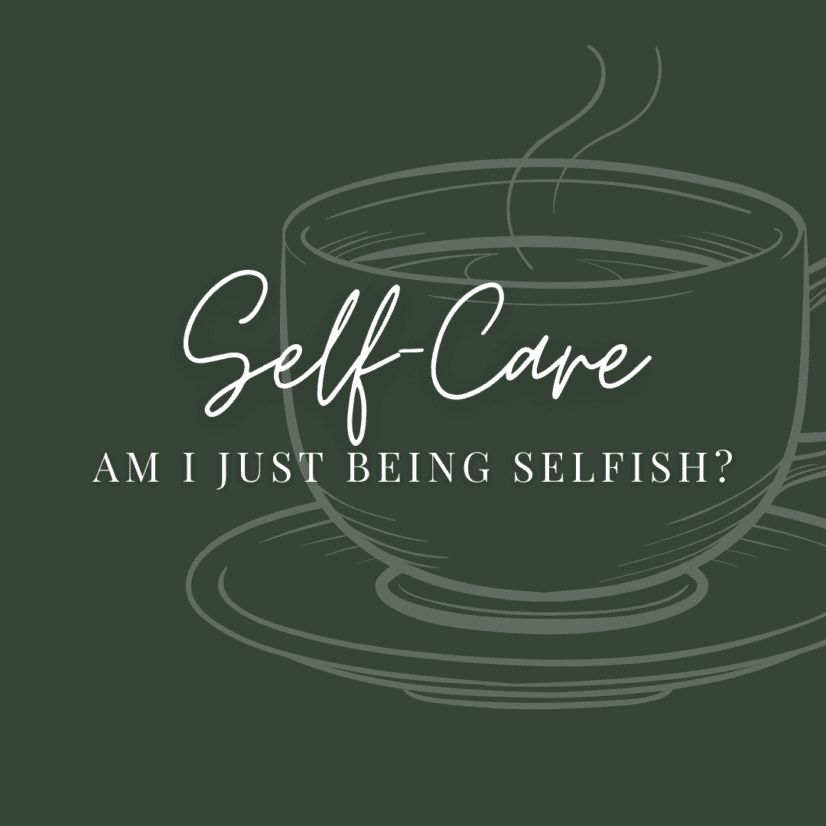Defense mechanisms are unconscious responses to overwhelming stress in our lives. Although they serve an important purpose, if left unchecked, protective instincts from defense mechanisms can inhibit the development of healthier coping skills. We are going to dive into two common defense mechanisms: denial and regression. Denial One of our … Read More
Laughter as a Coping Strategy
In these seasons and more broadly in general, incorporating humor as a coping strategy can bring some positive color back into daily life.
Coping Through Creativity
The feelings that often accompany depression include loneliness, apathy, and lack of motivation. Becoming lost in our thoughts and feeling stuck are common experiences for those struggling with depression. People use a variety of coping skills to manage their depression, including journaling, joining a support group, listening to music, and … Read More
Give Yourself Some Self-Compassion
As a new mother, increasing self-compassion can go a long way in mitigating the negative outcomes associated with anxiety and overwhelm.
Incorporating Self-Compassion Into Your Life
Why is it we say things to ourselves that we would never say to even our worst enemy? Harsh self-criticism seems to be the norm. But is it really helpful? Instead try a little self-compassion next time you think you’ve messed up.
Self-Compassion: A Healthier Approach to Well-Being
In our highly-driven culture, the common belief is that success depends on being competitive and pushing yourself to your limits. What if this approach proved to be more harmful than helpful? Recent research shows self-criticism and a competitive attitude create obstacles to achieving goals.
The Cost of Not Doing Therapy
To invest in yourself is to invest in your whole self, your kids, partners, business, and community. It is money well spent.
Mental Health Benefits of Talking to Yourself
There are many mental health benefits of talking to yourself. It allows us to slow our thoughts and encourages us to process how we feel before acting.
Stress, Self-Care, & Your Kids
Practicing self care as a family supports the relational bond and is a constructive way to model healthy and effective skills to manage future stressors.
Self-Care: Am I Just Being Selfish?
Self-care begins with taking care of your basic needs including eating, sleeping, bathing, and medical needs.
Self-care also includes activities to help you relax and de-stress. It is also maintaining relationships and finding balance between work life and personal life. Failure to attend to these needs could result in exhaustion, burnout, illness, and even possible hospitalization.

